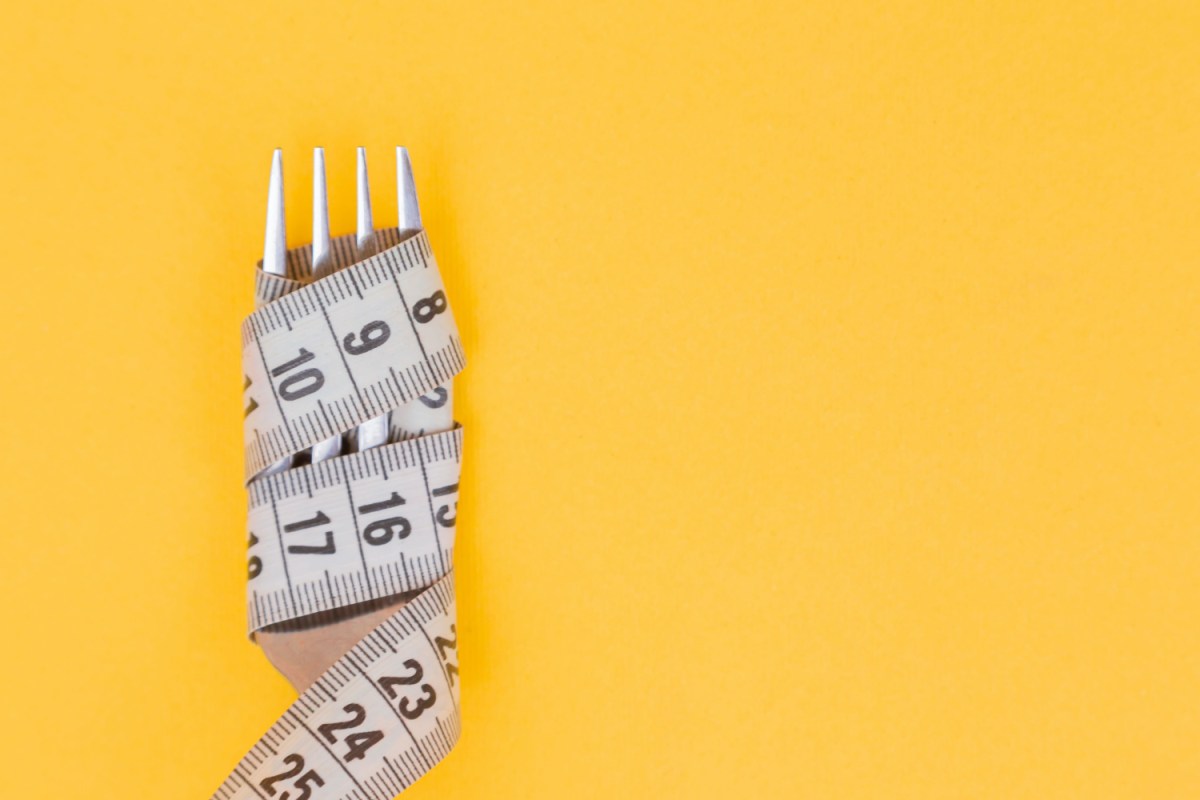I missed the golden age of diet culture. As someone with a decorated history of disordered eating and body dysmorphia, this is something I occasionally catch myself lamenting. Sure, I’m grateful for the modern miracles of Coke Zero and the bafflingly low-calorie mystery that is Halo Top ice cream, but just imagine the kind of havoc I could’ve wreaked on my body in the age of ephedrine and olestra. But while diet culture’s heyday may have passed me by, I did catch the tail end of it as a child growing up in the early 2000s, when rail-thin stars of the day were still openly saying things like “Nothing tastes as good as skinny feels” and no one blinked an eye. This means that I had plenty of time to internalize all the toxic diet culture mentalities that had reigned supreme for decades, only to end up coming of age during the body positive movement and hitting adulthood in the midst of a fierce wave of anti-diet culture backlash that’s seen celebrities railing at fro-yo shops for selling sugar-free cookies.
Ultimately, the movement away from a culture that praised and prioritized thinness above all else represents progress in a positive direction, but the breakneck speed at which society pivoted from a culture of prescriptive dieting to the exact opposite was dizzying, and I’m not the only one feeling the whiplash. New York Post reporter Zachary Kussin wrote about his post-pandemic weight loss in a recent article, revealing he was “reluctant” to share his progress on social media “for fear of offending anyone.” Indeed, as Kussin noted, it’s become increasingly common and accepted “to bash diets for being insensitive to those with eating disorders or different body types” in recent years as body positivity and anti-diet culture mentalities have taken over social media. This cultural 180 has left many people, including Kussin and various subjects he spoke to for the piece, feeling or at least fearing shame and backlash for their weight loss efforts.
Thin people have been crying “skinny shaming” since before the body positive movement took over, and those complaints are usually dismissed and put in the same category as backward accusations of “reverse” racism or sexism. Unlike fat people, thin people have never been subjected to systemic oppression or prejudice due to the size of their bodies, which is why claims of thin shaming are often met with an eye roll. That said, fears of being shamed for dieting or losing weight are hardly unfounded, and even celebrities aren’t immune. Various stars, particularly those with larger bodies who have been vocal advocates of body positivity, have faced public backlash from fans and followers for losing weight or dieting in recent years. Adele, Rebel Wilson, Lizzo and Ashley Graham are just a few notable examples of stars who have sparked public outrage for shedding pounds, with disappointed fans-turned-critics accusing formerly fuller-figured stars of giving into diet culture or betraying their body positive advocacy by having the gall to do what they want with their own bodies. It’s one thing to throw shade at Kardashians for hawking dubious diet teas and potentially dangerous detoxes for cash, but when it comes to celebrities making decisions about their own bodies, it’s no one else’s place to weigh in. We do not own celebrities’ bodies. Stars are not walking mannequins obligated to embody whatever cause or ideal we think they should uphold. They’re people who have every right to do whatever the hell they want with their own bodies.
The same goes for non-celebrities, too. It may no longer be en vogue to celebrate weight loss, but people who do choose to lose weight shouldn’t feel ashamed of making a very normal decision about their bodies which they have every right to make. Clearly I am not an icon of healthy body image. But I am a person — like pretty much every other person on the planet — who has a complicated relationship with their body, one that will never fit neatly within whatever prescriptive narrative society currently upholds as the right way to feel about one’s body. I don’t really know if I actually think it’s inherently evil for the Kardashians to sell diet tea or who was right in that whole Demi Lovato frozen yogurt fiasco. What I do know is that everyone is entitled to do whatever the hell they want with their own bodies, and what they choose to do with them is nobody else’s goddamn business.
The Charge will help you move better, think clearer and stay in the game longer. Subscribe to our wellness newsletter today.


















